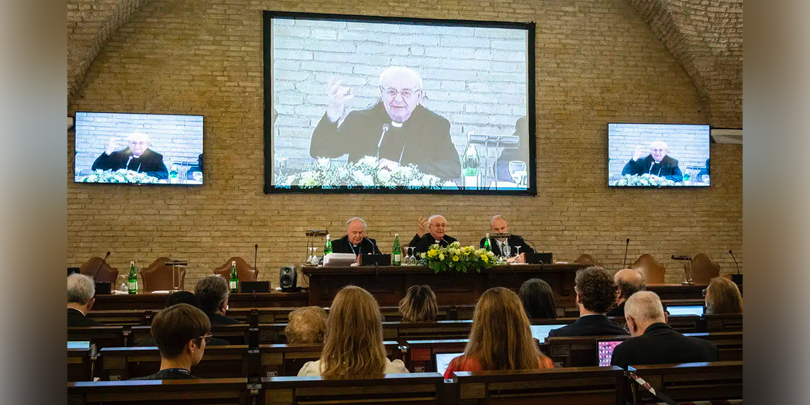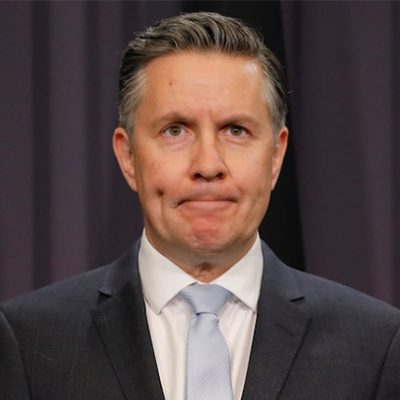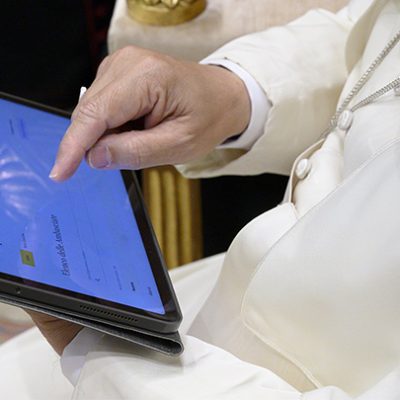
Inequalities in healthcare and clinical research must be prevented, Pope Francis has told medical doctors, health practitioners, researchers, ethicists and other experts attending a conference at the Vatican. Source: CNS.
Promoting the life and health of others must be guided by an attitude of care, not made subordinate to the “mentalities of the market and of technology,” he said in a message read to conference participants on January 18.
“While the asymmetry present in the therapeutic relationship is all too apparent, the central role that the sick person should have has not yet become a reality. It needs to be continually safeguarded and promoted,” he wrote.
“We need to balance research opportunities and the welfare of patients, so that the expenses incurred by research and access to the resulting benefits are equitably distributed,” he added.
The Pope’s message was addressed to experts and professionals in health care fields taking part in the conference, organised by the World Medical Association together with the American Medical Association and the Pontifical Academy for Life.
The conference was one of many taking place over a two-year period around the world as part of updating and revising the Declaration of Helsinki. Atrocities committed through medical experimentation conducted by the Nazi regime on human beings during World War II resulted in the Nuremberg Code and later the Declaration of Helsinki, which both outline ethical standards for conducting medical research with human participants.
The Declaration of Helsinki, initially drafted in 1964 by the general assembly of the World Medical Association, is regularly updated and revised in order to ensure the ethical and responsible conduct of medical research globally as new technologies, risks and challenges emerge. The last revision was in 2013. The next revision is scheduled to be considered in Helsinki in October.
FULL STORY
Experts look at the ethics of medical research in a special Vatican meeting (By Carol Glatz, CNS via OSV News)






